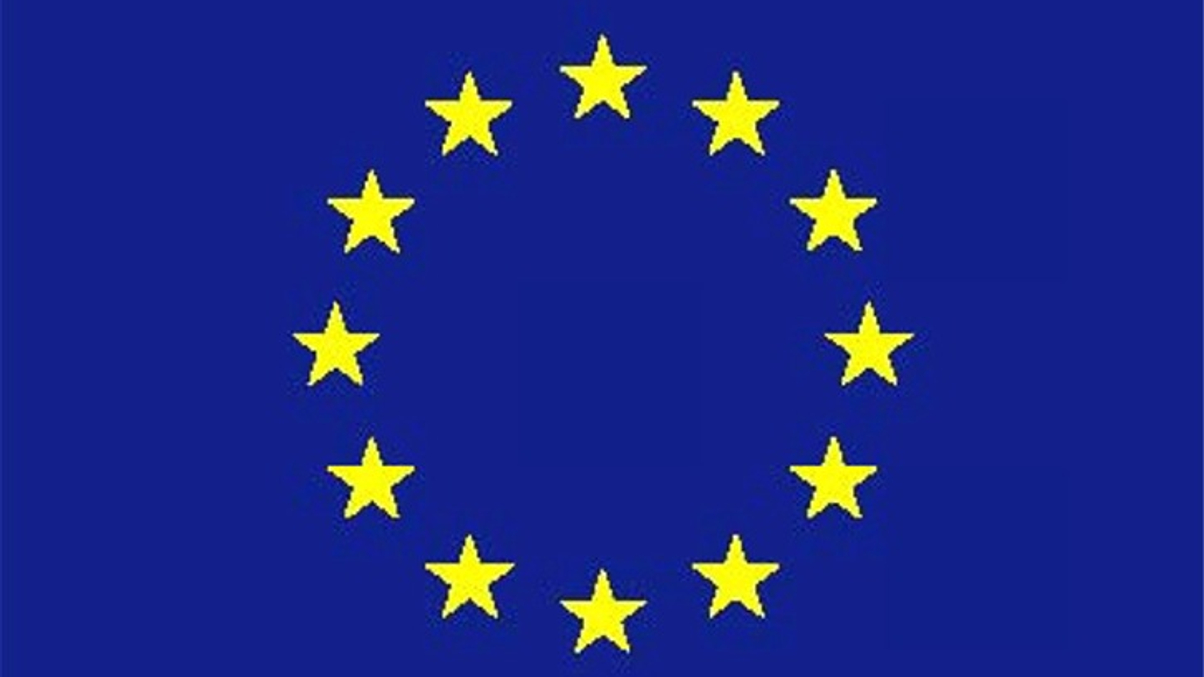Eurozone crisis: "An intense game of chicken that can be solved"
Investors are captivated by fear of default contagion, driving market liquidity to determine sovereign solvency. This is wrong, but there is reason for optimism, says Western Asset.

A design flaw in monetary union is to blame for the eurozone crisis, although the prospect of a catastrophic breakup remains remote and there are grounds for optimism, a forum has heard.
Sign in to read on!
Registered users get 2 free articles in 30 days.
Subscribers have full unlimited access to AsianInvestor
Not signed up? New users get 2 free articles per month, plus a 7-day unlimited free trial.
¬ Haymarket Media Limited. All rights reserved.


